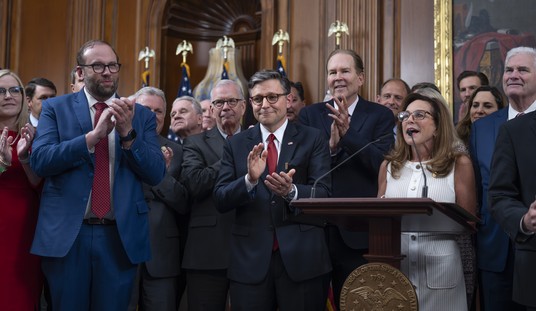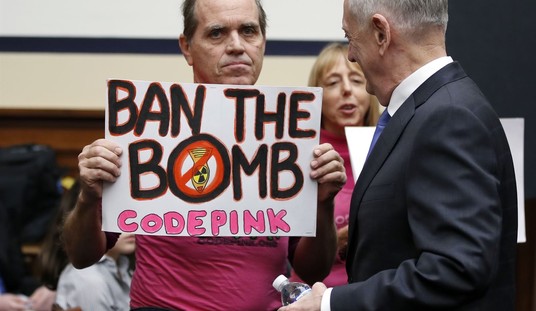Let’s keep this well-framed in the context that several Trump team members have fallen under scrutiny for allegedly talking with Russian officials during the transition period about the sanctions against Russia.
Michael Flynn was relieved of his duties as national security adviser because he had those conversations with the Russian ambassador to the U.S. Sergey Kislyak, then lied about it.
Yahoo News is reporting that almost immediately upon taking office, Trump’s top staff began a push to have the State Department work out the details to a plan to lift sanctions on Russia, return diplomatic compounds, and pretty much whatever else would have catered to the warmer side of Moscow.
These efforts to relax or remove punitive measures imposed by President Obama in retaliation for Russia’s intervention in Ukraine and meddling in the 2016 election alarmed some State Department officials, who immediately began lobbying congressional leaders to quickly pass legislation to block the move, the sources said.
And for those who puff out their lips when these reports come out, desperate to defend because of a lack of named sources – we’ve got names.
“There was serious consideration by the White House to unilaterally rescind the sanctions,” said Dan Fried, a veteran State Department official who served as chief U.S. coordinator for sanctions policy until he retired in late February. He said in the first few weeks of the administration, he received several “panicky” calls from U.S. government officials who told him they had been directed to develop a sanctions-lifting package and imploring him, “Please, my God, can’t you stop this?”
Fried said he grew so concerned that he contacted Capitol Hill allies — including Sen. Ben Cardin, D-Md., the ranking minority member on the Senate Foreign Relations Committee — to urge them to move quickly to pass legislation that would “codify” the sanctions in place, making it difficult for President Trump to remove them.
Tom Malinowski, who had just stepped down as President Obama’s assistant secretary of state for human rights, told Yahoo News he too joined the effort to lobby Congress after learning from former colleagues that the administration was developing a plan to lift sanctions — and possibly arrange a summit between Trump and Russian president Vladimir Putin — as part of an effort to achieve a “grand bargain” with Moscow. “It would have been a win-win for Moscow,” said Malinowski, who only days before he left office announced his own round of sanctions against senior Russian officials for human rights abuses under a law known as the Magnitsky Act.
Trump’s people aren’t really disputing the reports. Rather, they’re saying that they are looking into it as part of a broader “policy review,” which includes all current sanctions, not just those on Russia.
Earlier this week, there was talk of returning diplomatic compounds to the Russians, which would seem to go along with the report.
These compounds were considered to be “spy nests,” by some officials.
The efforts to lift sanctions and return those compounds caused some within the State Department to reach out to lawmakers and ask them to codify the sanctions, which would, essentially, lock them in before the administration could change anything.
The lobbying effort produced some immediate results: On Feb. 7, Cardin and Sen. Lindsay Graham introduced bipartisan legislation to bar the administration from granting sanctions relief without first submitting a proposal to do so for congressional review. “Russia has done nothing to be rewarded with sanctions relief,” Graham said in a statement at the time. If the U.S. were to lift sanctions without “verifiable progress” by Russia in living up to agreements in Ukraine, “we would lose all credibility in the eyes of our allies in Europe and around the world,” added Cardin in his own statement. (A spokesman for Cardin told Yahoo News in an emailed statement: “I can also confirm that the senator did hear from senior Obama officials encouraging him to take sanctions steps, but that he had already been considering it as well.”)
Cardin, Graham, and McCain would like to see even stiffer sanctions levied against Russia in response to their election meddling, but to date, the chairman of the Senate Foreign Relations Committee, Senator Bob Corker, has blocked the efforts, saying he first wants to hear from the administration.













Join the conversation as a VIP Member